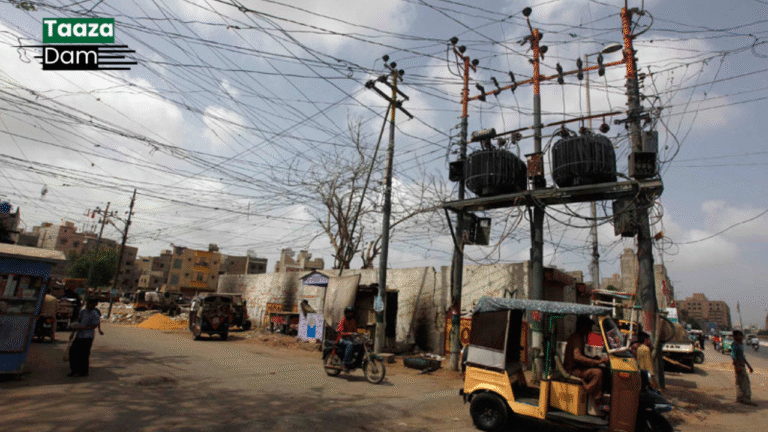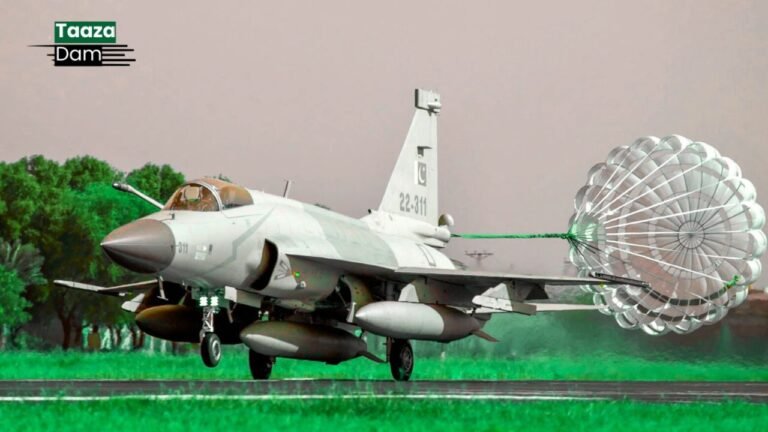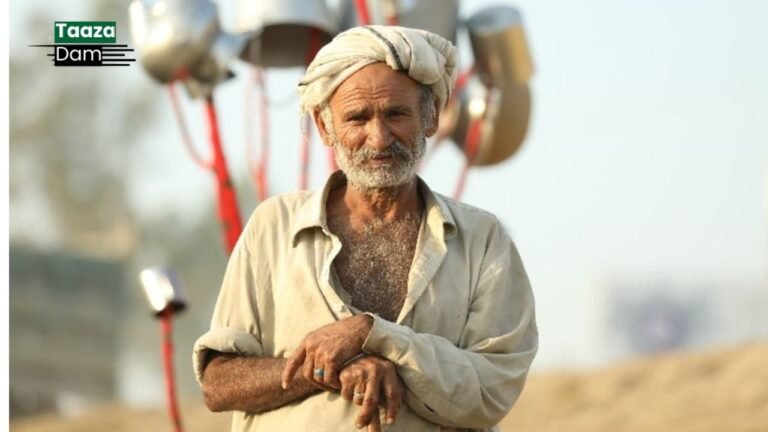Iran’s Nuclear Strategy in 2025: Supreme Leader Khamenei Issues New Warning
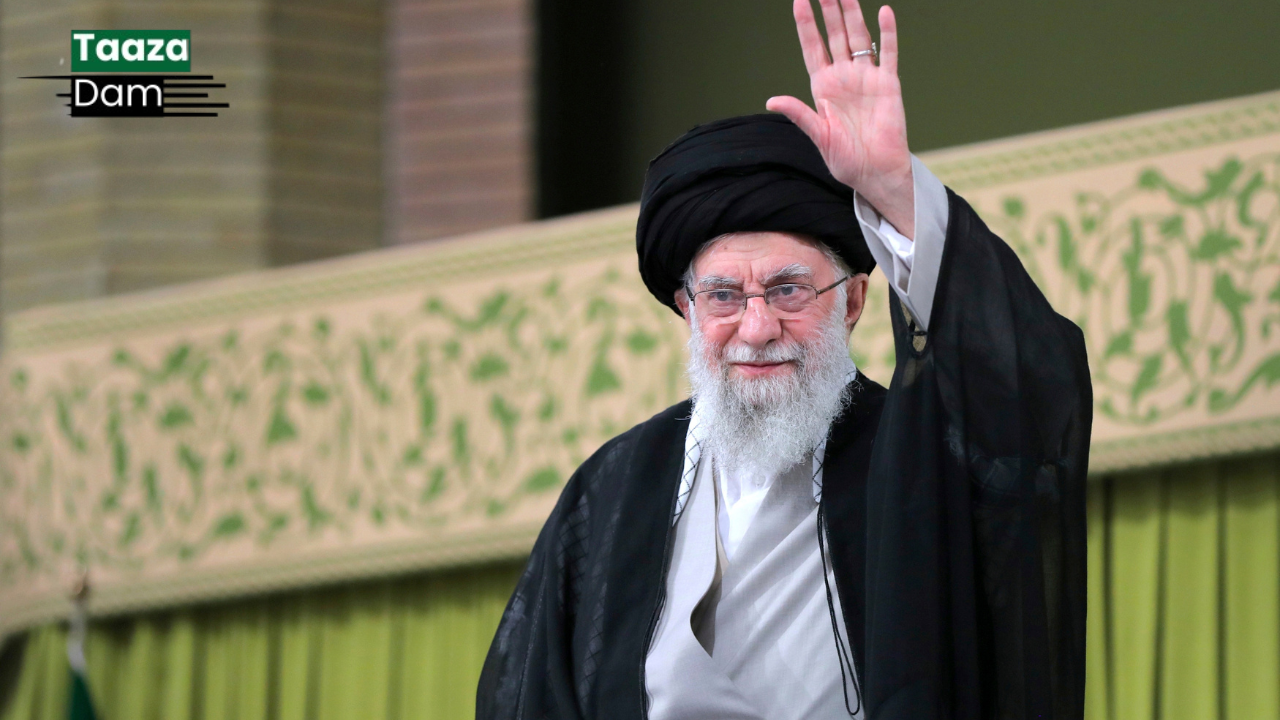
In a rare and powerful statement, Iran’s Supreme Leader Ayatollah Ali Khamenei warned that Iran may revise its nuclear doctrine if Western threats persist. His remarks, delivered during a high-level meeting with Iranian nuclear scientists and military officials, come at a critical juncture as tensions with Israel, the United States, and the IAEA intensify.
“We Will Not Hesitate If Pushed”
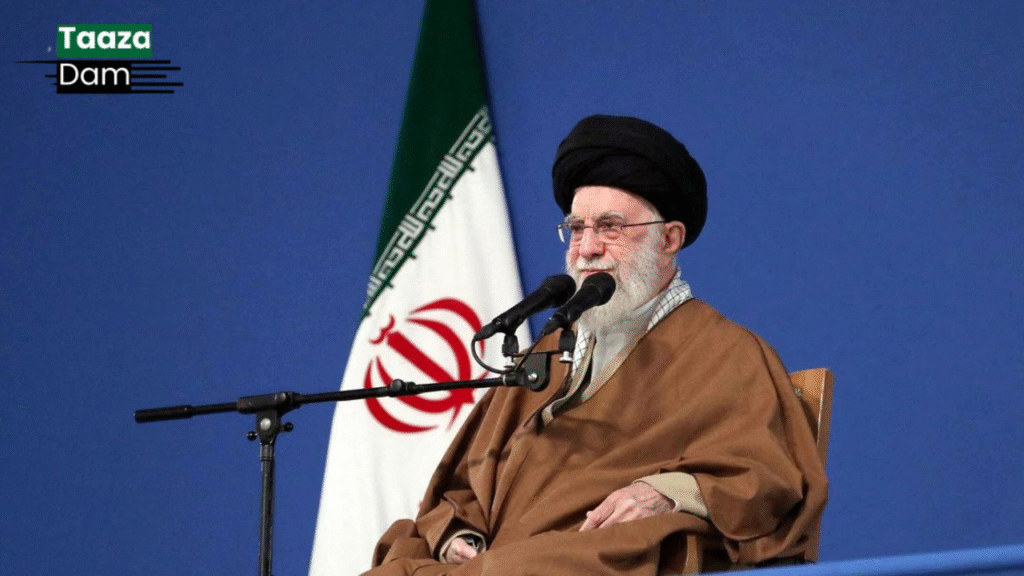
Khamenei’s statement, broadcast on state television, made it clear:
“If the enemy threatens our nuclear facilities or our existence, we will reconsider our nuclear strategy.”
This is one of the clearest signals yet that Iran may abandon its longstanding claim that its nuclear program is purely for peaceful purposes.
Background: Iran’s Controversial Nuclear Program
Iran has been under intense scrutiny since it began enriching uranium beyond the limits set by the 2015 Joint Comprehensive Plan of Action (JCPOA). While the U.S. exited the agreement in 2018 under former President Trump, Iran gradually scaled up its enrichment levels, now reportedly reaching 60% — just below weapons-grade.
The International Atomic Energy Agency (IAEA) has expressed concern over lack of access and transparency in Iranian facilities. Despite Tehran’s assurances, the global community remains wary.
Geopolitical Reactions and Global Concerns
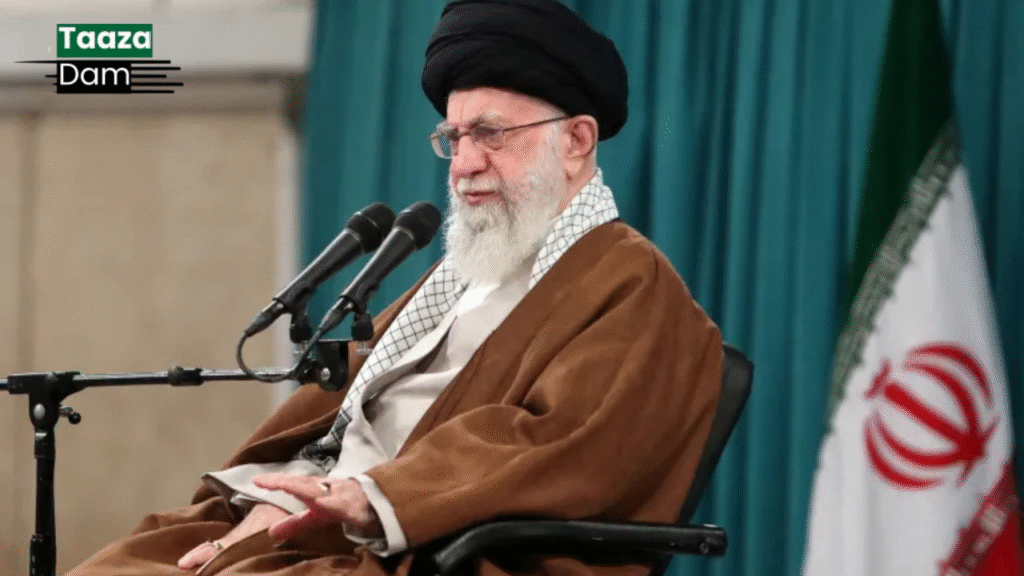
Khamenei’s statement drew swift international responses:
- U.S. State Department: Called the comments “deeply concerning” and warned of “serious consequences” if Iran crosses the nuclear weapons threshold.
- Israel: Prime Minister Benjamin Netanyahu reiterated Israel’s position that it would not allow Iran to become a nuclear-armed state, hinting at possible pre-emptive military action.
- Russia and China: Both called for restraint and urged a return to diplomatic negotiations.
Domestic Response in Iran
Within Iran, Khamenei’s comments were framed as a strong stance against foreign intimidation. Iranian media portrayed the leader as defending national sovereignty and scientific advancement.
Some analysts believe the statement is a calculated move to pressure the West into lifting sanctions or reviving nuclear talks on Iran’s terms.
What’s Next?
The future of Iran’s nuclear program remains uncertain. With diplomatic channels weakening and military rhetoric increasing, the region risks sliding toward a broader conflict. Whether Khamenei’s message is a genuine policy shift or strategic posturing remains to be seen.
🧠 Analysis: A Red Line or a Bargaining Chip?
Experts are divided. Some believe Khamenei is laying the groundwork for potential weaponization if pushed, while others say it’s classic brinkmanship designed to extract concessions.
What is clear, however, is that Iran’s nuclear program is entering a new, more volatile phase.

